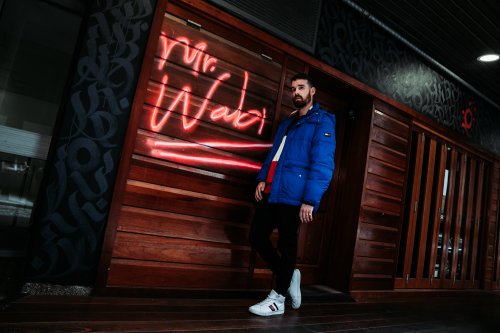MNZ Interview: Muzic Speak S01 / E04 – Impostor Syndrome
Impostor Syndrome
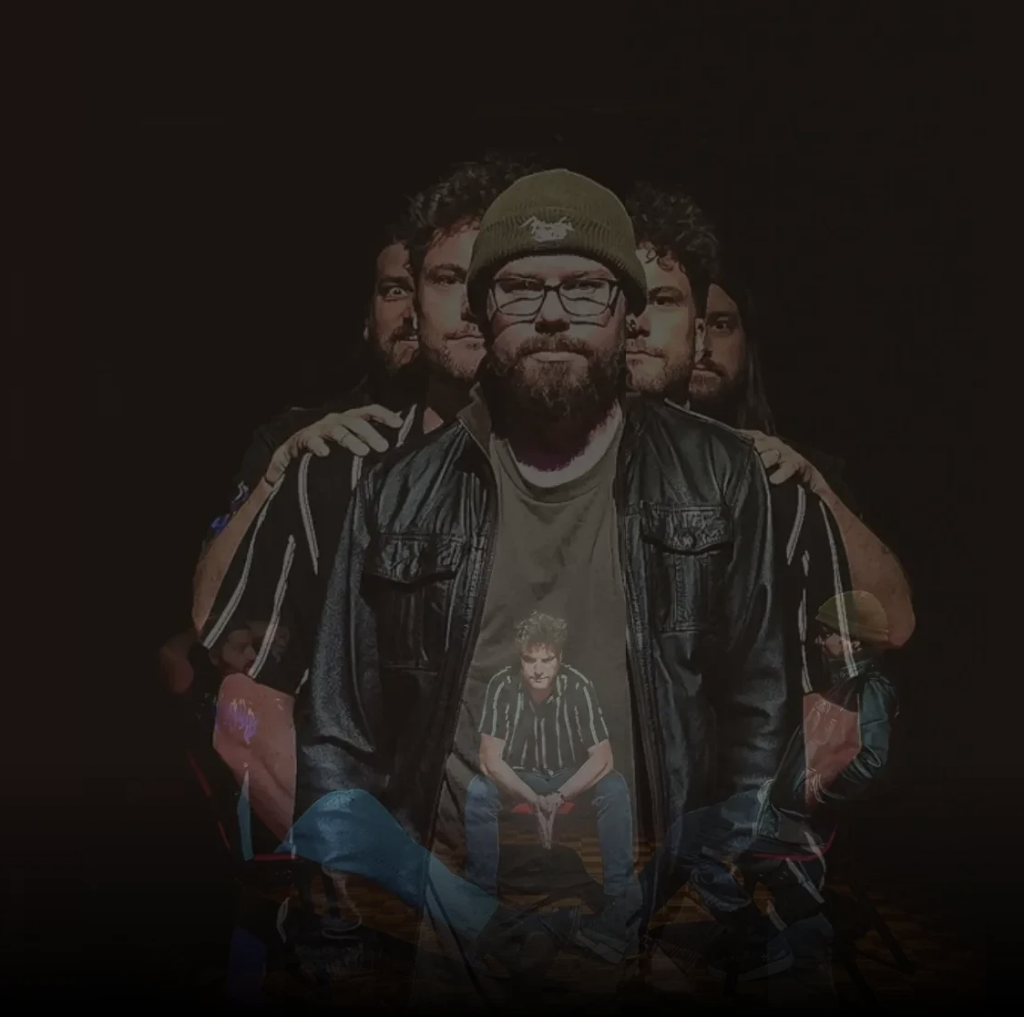

Brought to you by Muzic.NZ’s Lisa Jones, Muzic Speak pays homage some of the best up and coming acts this country has on offer.
In this episode we catch up with Auckland experimental rock project Impostor Syndrome. Set to release their second album Sleep & Violence on 14 March, Impostor Syndrome blends alternative rock with film score and spoken word, creating soundtracks to experiences.
Lisa recently spoke with Shannon from Impostor Syndrome:
Starting with introductions – who are the members of Impostor Syndrome, what instruments do each of you play, and how did you all get involved in music?
Impostor Syndrome began when we finally decided to make music together after years of friendship. Ryan Culleton, with a background in creative writing and poetry, brings a raw, post-punk element to our music, along with spoken-word. Shannon Coulomb plays multiple instruments and draws on his experience in composition, production, and travels to the Chicago blues scene. Scott Nicolson, with experience in bands from New Zealand and London, provides a solid rhythmic foundation and a creative perspective steeped in his love of film and work in communications. Our sound blends alternative rock, film scores, industrial, and electronic elements, constantly pushing boundaries.
How was Impostor Syndrome formed, and what is the inspiration behind the name?
After years of separate musical pursuits, we decided to collaborate formally, driven by our high school friendship and shared interests. The name “Impostor Syndrome” was originally a placeholder that reflects our drive to push through self-doubt and create authentically. Serendipitously, we decided to keep the name.
For those that have never heard of Impostor Syndrome before, how would you describe your music?
A fusion of alternative rock, film score elements, spoken word, and electronica. It’s been described as ‘Industrial meets Depeche Mode’ or ‘If Taika Waititi made a scary movie.’ We aim to create immersive and thought-provoking soundscapes.
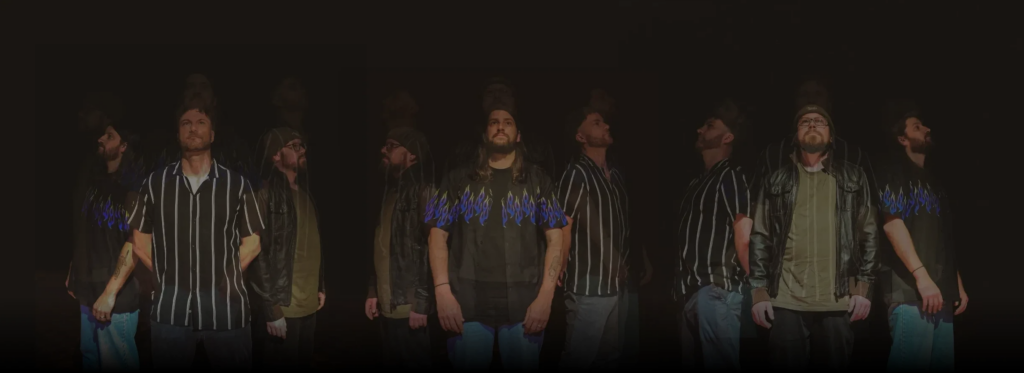
As friends who have known each other since high school, how has your relationship influenced your music?
Our long-standing friendship fosters trust and open communication, allowing us to challenge each other creatively. Our shared history naturally seeps into our music, making it a reflection of our journey.
You are set to release your new album Sleep & Violence on 14 March. Can you describe the creative process behind this album? How did it differ from your debut album Oriens?
Oriens (2022) was a journey through personal experiences, blending nightmarish fiction with dream-like visions. The pandemic gave us time to refine our recording techniques. With Sleep & Violence, we initially aimed for standalone songs, but a natural cohesion emerged. The album explores tension — between calm and chaos, order and unpredictability, self-doubt and confidence. We embraced creative freedom, trusting the process to bring it all together.
With Sleep & Violence you “dived into the analogue realm of recording.” What drew you to analogue recording, and how did it shape the album’s sound?
The SSL Big Six became a key part of our setup halfway through making the album, shaping mixes in real time, while the SSL Fusion added warmth and depth. Analogue recording allowed us to capture instinctual decisions instead of endlessly tweaking. Digital tools offer unlimited possibilities, but we found that limiting ourselves creatively through analogue gear led to a more focused process. Plus, we love the sound. That said, analogue has its challenges, like rerouting and troubleshooting. We’ve settled on a hybrid setup and are already halfway through a new track.
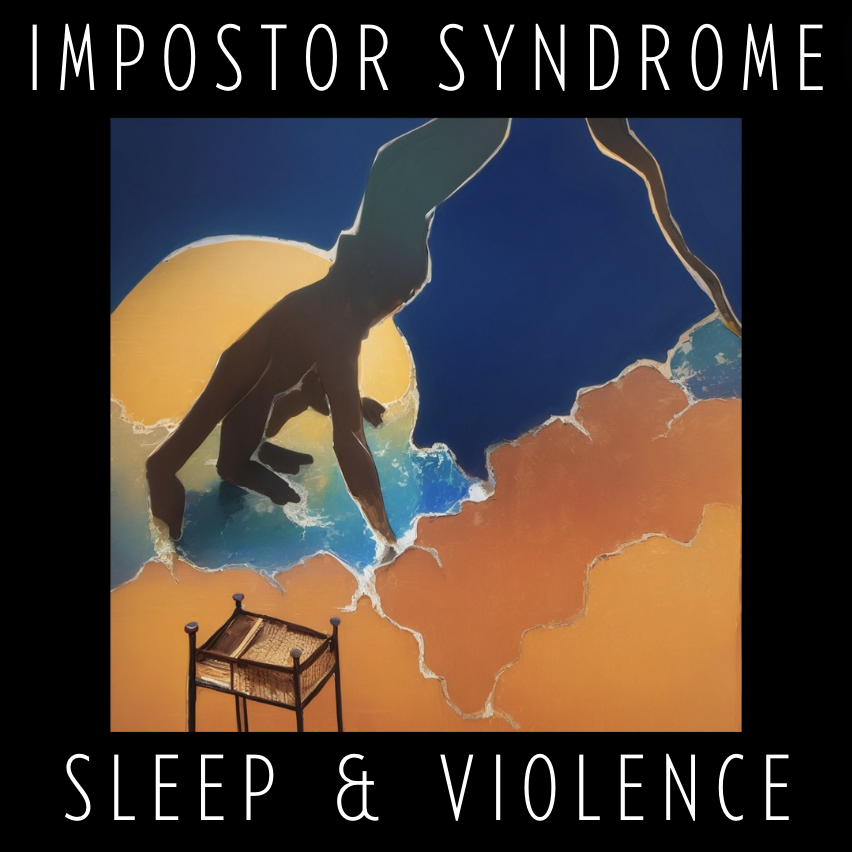
What challenges did you face while creating the album, and how did you overcome them?
Life itself really. We live on opposite sides of Auckland, balancing busy schedules, families, and responsibilities. Remote collaboration helped, as did our strong friendship and shared commitment. Shannon avoided overthinking this time around, taking time to reflect and work on the album when it felt right, making the creative process more enjoyable.
The album features a blend of orchestral, electronica, and psychedelic elements. How do you decide on the musical direction for each track?
Our approach is collaborative and intuitive, with each track evolving naturally through experimentation. Diverse influences and a fearless approach to sound exploration shape our direction. The main piano motif in Lore came from Shannon hearing a cat walk across the piano at night—he recreated it the next morning, inspiring the dramatic orchestral arrangement that followed.
How do you see your sound evolving in the future? Are there any new genres or elements you’re eager to explore?
We’re always evolving. While rooted in rock, we’re curious about incorporating elements from different musical traditions, constantly aiming for fresh and innovative compositions. We want to score a short film with post-rock, but we’d also love to create a track using only voice, layering it until it’s unrecognizable. Production has opened up a world of ideas to lean into and has only served to provide more inspiration!
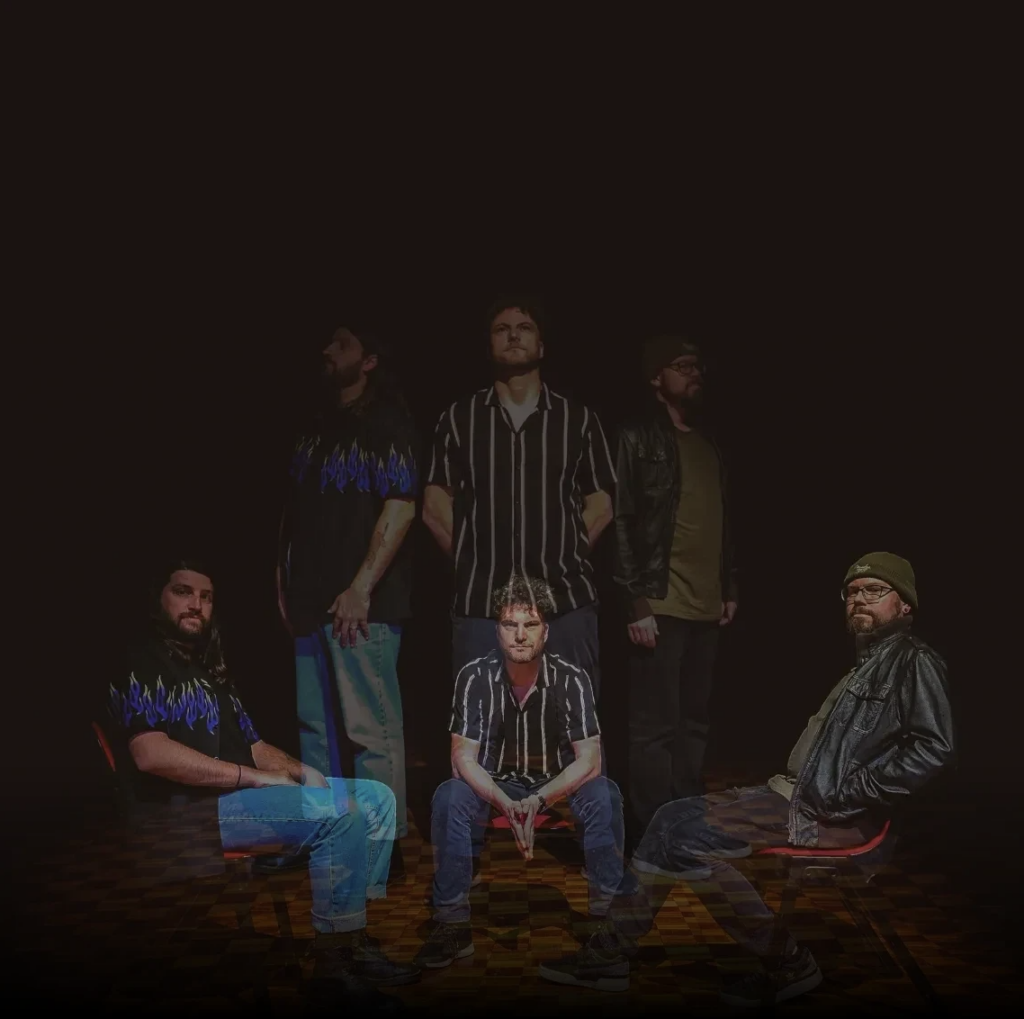
What NZ bands and musicians would you be keen to collaborate with, and why?
We’d love to collaborate with artists who share our experimental spirit. Dead Empire, Ripship and Earth Tongue come to mind. We’d also love to work with beatboxer Crispin Manikkam (crispy_bbx)—we’ve discussed it, and hopefully, it happens one day.
What advice would you give to aspiring musicians looking to break into the music industry?
Stay true to your artistic vision, take risks, and ask if you really need to adhere to external expectations. Use the resources available — APRA, NZ On Air, and Music Managers Forum Aotearoa offer invaluable support. Sites like Muzic NZ not only provide media opportunities, but are happy to share contacts and industry guidance. Don’t stress too much — ultimately, a viral moment might be what gets you noticed, so if that’s your goal, go all in.
Impostor Syndrome’s ‘Sleep & Violence’ is available here.
Related Acts:
About the interviewer Lisa Jones
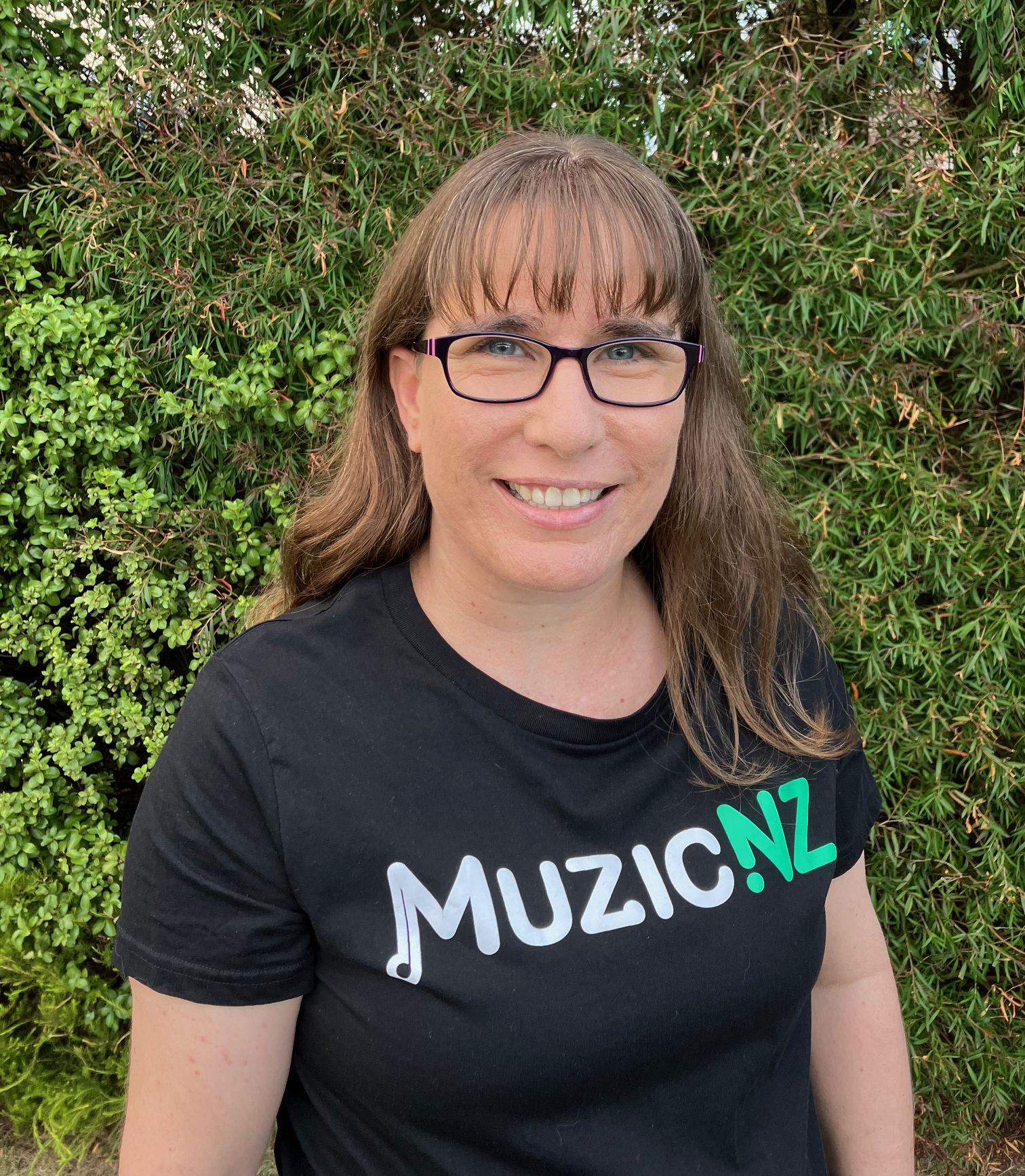
I’m Lisa, Muzic.NZ’s founder and manager. I also manage the Aotearoa Music Industry Collective as well as the Aotearoa Rock Community and the Gig Space Facebook groups. Born and raised in New Plymouth, and now based in Palmerston North – I’m married to Adam (our IT guy), and together we have 2 amazing children. Rock is my favourite genre of music, but I enjoy a huge variety of genres from old school hip-hop through to metal, punk, pop, folk and EDM. My advice to NZ musicians is to build yourself a great support network, never be afraid to step out of your comfort zone and talk to other people involved in the music industry. And don’t give up.. as long as you love what you are doing, don’t stop doing it. If you believe in yourself, you can achieve anything. — MUZIC.NZ (MNZ) WEB: https://www.muzic.nz/ FB: https://www.facebook.com/muzicnetnz IG: https://www.instagram.com/muzicnz/ YT:
More by Lisa Jones
MNZ Interview: Muzic Speak S01 / E03 – Napoleon Baby
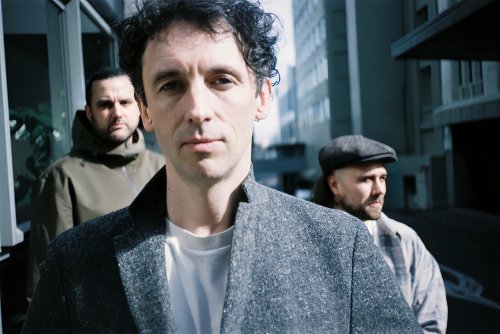
MNZ Interview: Muzic Speak S01 / E02 – Courtnay & The Unholy Reverie
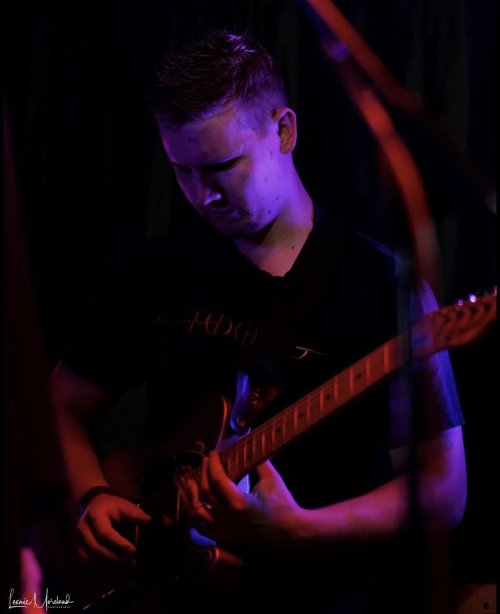
MNZ Interview: Muzic Speak S01 / E01 – Powder Chutes
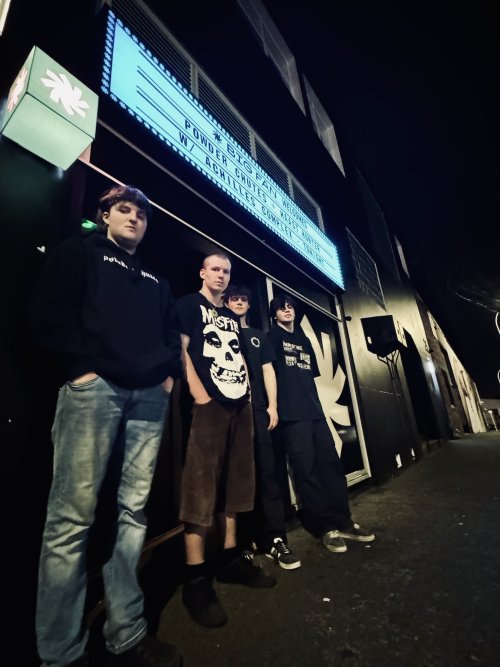
Interview with Angus Woodhams, lead of Weka
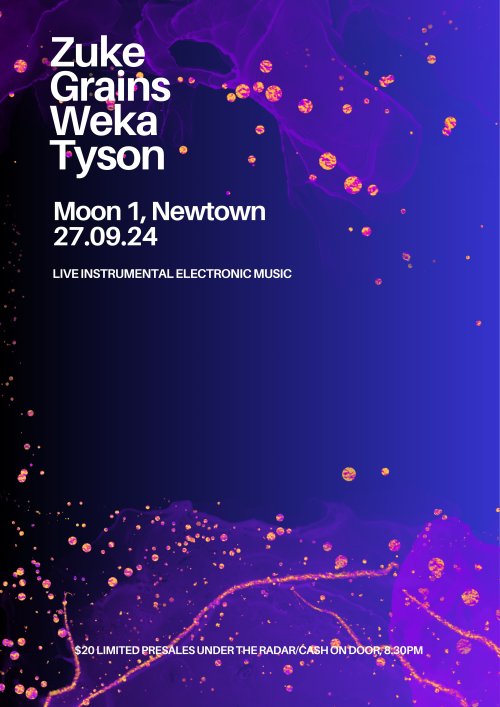
Gig Review: Maggie Cocco @ Lopdell Theatre, Tititrangi – 22/11/2023
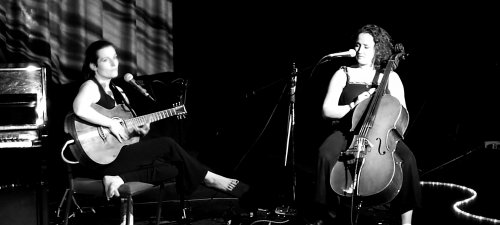
Pull Down The Sun Newsletter Interview
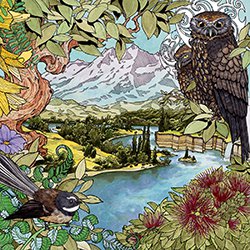
Coridian Newsletter Interview
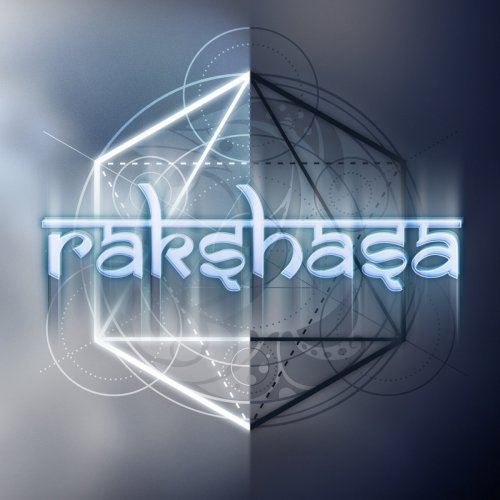
1 Drop Nation Newsletter Interview
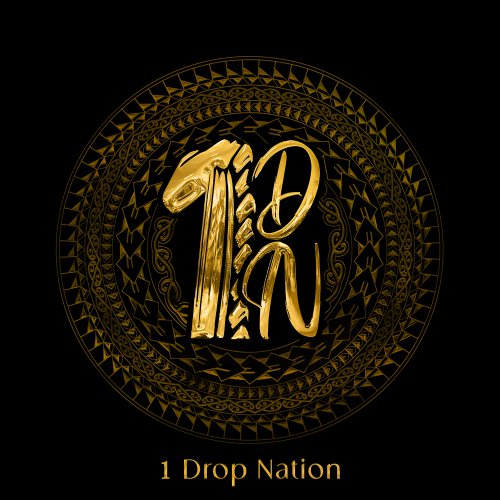
Interview: 2Fly Ty
